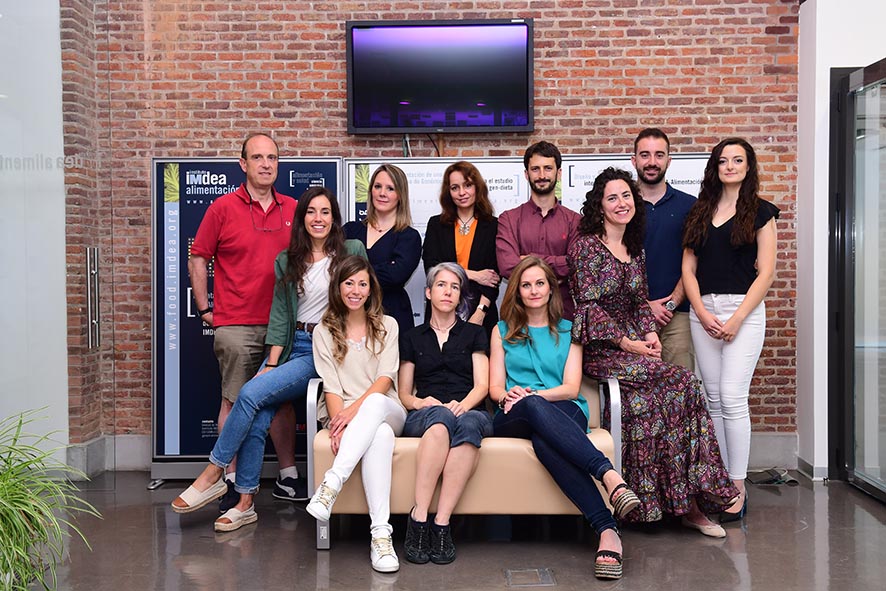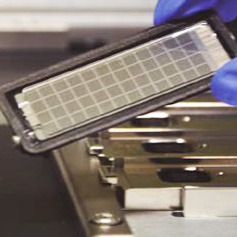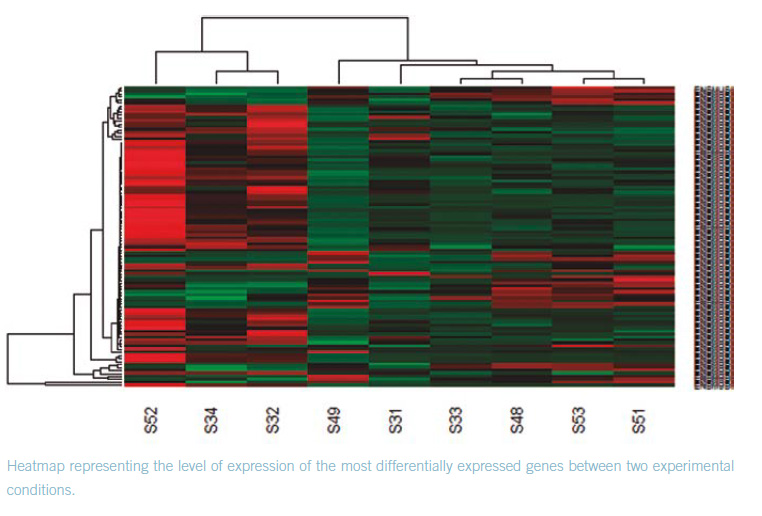Platform for Clinical Trials in Nutrition and Health. GENYAL
The Platform for Clinical Trials in Nutrition and Health (GENYAL) constitutes a high-throughput genomic tool with high scientific level useful to investigate how individual human genomes interact with diet constituents and these in turn with the genome. The results of the research provide information about the benefits and harms of specific nutrients and food ingredients on the human health. The application includes both basic and applied research related to gene-diet interactions at the two fields, Nutrigenetic and Nutrigenomic.
GENYAL caters Spanish and foreign research groups working on nutritional genomics, as well as food industry companies, interested in:
- Nutritional intervention studies required for product development or for obtaining official approval of the nutritional and health claims made for products.
- The generation of the information needed to provide added value to new and existing products (e.g., the identification of new indications).
- The identification of (mainly) genetic or metabolic markers involved in the response to product consumption.
The Platform focus its activity on two areas:
To date more than twenty nutritional intervention studies have been performed to evaluate effectiveness of:
- Prepared dishes enriched with artichoke, olive and grape on overweight and obese people.
- Functional drink enriched with antioxidants on healthy people.
- Functional biscuits enriched with an olive extract on overweight and obese people.
- Olive, apple and grape extracts on people suffering the metabolic syndrome.
- Daily intake of a functional jam enriched with a pomegranate extract on postmenopausal healthy women.
- Daily intake of a functional Mediterranean drink on healthy subjects presenting risk factors for chronic diseases development.
- Formulation of products for personalized nutrition of patients with gastric cancer.
- Interactions between gut microbiota, genotype and dietary polyphenols, in normal-weight, overweight and obese healthy adults.
- Genotypic and phenotypic characterization of patients suffering multiple chemical sensitivity syndrome (MCS) and associated chronic fatigue syndrome (SFC).
GENYAL also has a program for characterising the phenotypes and genotypes within populations, allowing a cohort Platform to be constructed for use in clinical trials on nutrition and health. The main objective is to identify and characterize gene variants associated with different responses to nutrients and studying the effects of foods and food constituents on gene expression.
Phenotype characterisation includes the gathering of socio-health data, physical activity profiles, anthropometric information and the results of biochemical analyses; geno-type characterisation involves the identification of variants (nucleotide polymorphims and SNPs) of genes involved in nutrient metabolism and nutrition-linked disease. Volunteers are being permanently recruited and as of now more than 1.500 people have been genotypically and phenotphenotypically characterized.

The Platform has its own ethics committee and provides advanced scientific services to researchers and companies via three IMDEA research Units:
In addition, GENYAL performs functions of specialized training and provide support in the transfer of results, dissemination, communication and outreach.
Nutrition and Clinical Trials Unit
The Nutritional and Clinical Trials Unit undertakes nutritional intervention studies designed to assess the biological activity and health properties of functional foods/bioactive compounds and diets in humans. Both observational and clinical intervention studies involving healthy subjects and those with pathologies can be performed.
Genomics Laboratory
The Genomics Laboratory has the necessary infrastructure for providing genetic and genomic services, as well as metabolomic analysis, providing technical and scientific support to researchers and private companies.
The Biostatistics and Bioinformatics Unit
The Unit provides resources and personnel specialized in Bioinformatic analyses: phenotype/genotype associations, identification of biomarkers, the analysis of gene expression microarray data, RT-qPCR analysis, next-generation sequencing (NGS) data analysis, etc; as well as Biostatistical analyses: multivariate analyses, design of experiments, longitudinal analyses, survival analyses, Machine Learning and Deep Learning. In addition, their members develop their own research lines, on Artificial Intelligence in Molecular Design, and on new bioinformatics tools for Nutritional Genomics research.
Nutritional Genomics and Health Unit
Application of nutrigenetic interventions in patients with chronic diseases including obesity, metabolic syndrome and cancer, in order to improve their nutritional and health status. This is carried out through the design and analysis of specific genotyping panels, as is the case of a nutrigenetic panel for oncological patients that has been developed within ALIBIRD2020 project, which association to clinical outcome, microbiome status, and the presence of molecular and biochemical biomarkers is determined. Personalization of nutritional recommendations according to their clinical conditions, phenotypic and genotypic results




